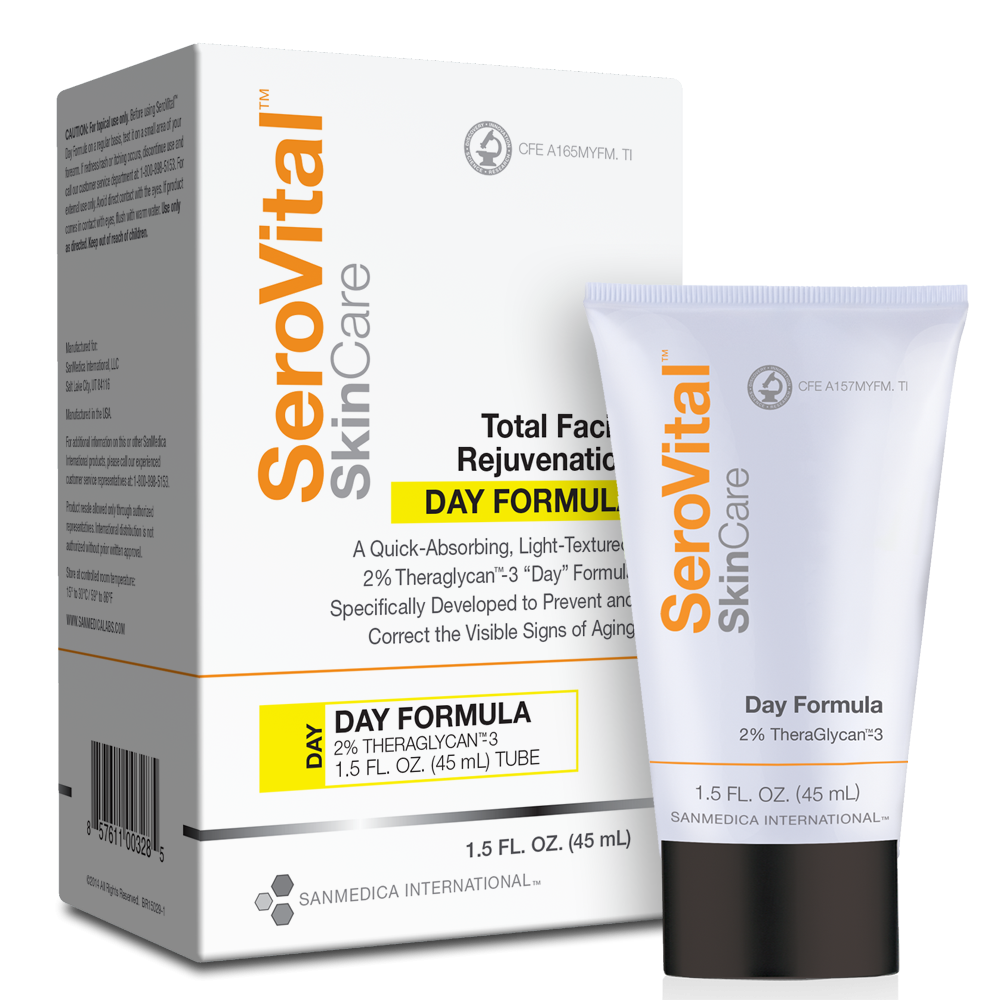Botanical Skincare
Have you noticed how many botanical skincare products there are on the market today? The number is staggering, actually. Everything from hand soap to shampoo seems to have some link to various plants that are grown on the good earth.
Have you ever asked yourself why these ingredients are so popular? What is it about these ingredients that make marketing companies fall over themselves as they try to outsell each other by touting the “natural” ingredients of their products?
Botanical refers to plants. When you see this word on a skincare product, you automatically assume that the ingredients contained in that product come from plants.
Consumers should be cautious and read all labels before purchasing any of these products since many of them actually contain only a very small percentage of these natural plant ingredients.
Some companies will use German chamomile in their formulas since it is beneficial for aging skin. Unfortunately, many companies will add a small percentage of that ingredient and because of this, the formula will not have any significant cosmetic value.
Still yet, other companies will load up their formulas with synthetic colors, chemicals, and fragrances. Products which contain synthetic preservatives and fragrances that contain small percentages of botanical ingredients will not only cause negative skin reactions in some people, but also have little or no therapeutic cosmetic value. In addition, a good percentage of their products will contain water while the herbal ingredients will only comprise about 1 to 3% of the total formula.
Another reason skin care manufacturers will use the word botanical on their product label is because it implies that the product is safer to use than chemically-based formulas. Since these formulas are made from natural plant ingredients, most consumers believe that they are not only beneficial for their skin, but will also not cause any allergic reactions. In addition, it will give the manufacturer a reason to charge more for the particular skin care product.
There are, of course, pure skin care products that truly are composed of plant and other natural ingredients. Unfortunately, only a few select companies manufacture these type of products.
As a consumer, we need to engage in a good amount of research in order to find these beneficial products. When shopping for an effective natural product, choose those that contain essential oils and coconut oil rather than water since the former can better help moisturize the skin. You will be able to locate those products online or find them at a quality health food store.
Most conventional skin care products found on the market today have to be able to withstand a long shelf life. In some cases, the products must be able to remain fresh for up to a year or longer. In order to accomplish this task, certain preservatives must be used. Methyl and Propyl Paraben are two of the most popular preservatives used in cosmetics today, and they have been found to cause skin rashes and allergic reactions in some people.
Most people understand that since organic and chemical-free plant based skin care products will spoil over time, it is necessary to add preservatives to them in order to help prevent rancidity and stop the growth of bacteria.
These products use natural preservatives derived from grapefruit seed extract, potassium sorbate and Vitamin E.
For the most part, these natural formulas have a shelf life of at least a year. They are mainly sold in smaller batches to stores that cater to people who want natural and chemical-free skin care products. These specialty shops maintain smaller inventories than the large chain stores and because of this, they are able to bring in the freshest products available.
Beneficial Plant Ingredients
Some beneficial plant ingredients used in natural skin care formulas are:
- aloe vera
- rosa mosqueta
- sea buckthorn
- allantoin
- calendula
- green tea extract
When using any quality plant based skin care formula to treat your skin condition, it is important to know which plant extracts are best suited for your particular case.
For instance, aloe vera would be a good choice for treating sunburn, but it may not be useful in treating acne.
Secondly, it is important to test a plant based skin care formula on a small patch of skin in order to determine if it will cause a rash or allergic reaction. Lavender is an essential oil derived from the lavender plant and has been used to treat acne. However, some people are allergic to lavender and therefore should avoid any skin formulas which contain that medicinal plant.
Lemon balm is an herbal plant that is beneficial for those who have oily skin. You will find this plant added to toners since it has astringent properties (it tightens pores).
Red clover is a popular herb that has been shown to bolster the immune system and has been prescribed by naturopathic physicians to treat cancer. This herb has also been used in skin formulas to treat dry skin.
Botanical skin care products can be used to treat a variety of different skin conditions and be utilized by those who want to maintain their healthy skin complexion. These products have been shown to be nontoxic and contain vitamins, minerals, and enzymes which help nourish the skin. They are multipurpose since the herbal plants they contain are beneficial for all skin types.
Some herbal plants such as rosa mosqueta and sea buckthorn contain volatile oils which are especially beneficial in treating wrinkles and aging skin.
Even though these products are beneficial for the skin, it is best to consult with your dermatologist before you begin a plant-based regime to make sure that you will not encounter any adverse effects or allergic reactions.
A daily healthy lifestyle with the addition of a nutritious diet and exercise, not smoking, moderate alcohol consumption and the regular application of plant-based skin care products can help improve and rejuvenate your complexion.


